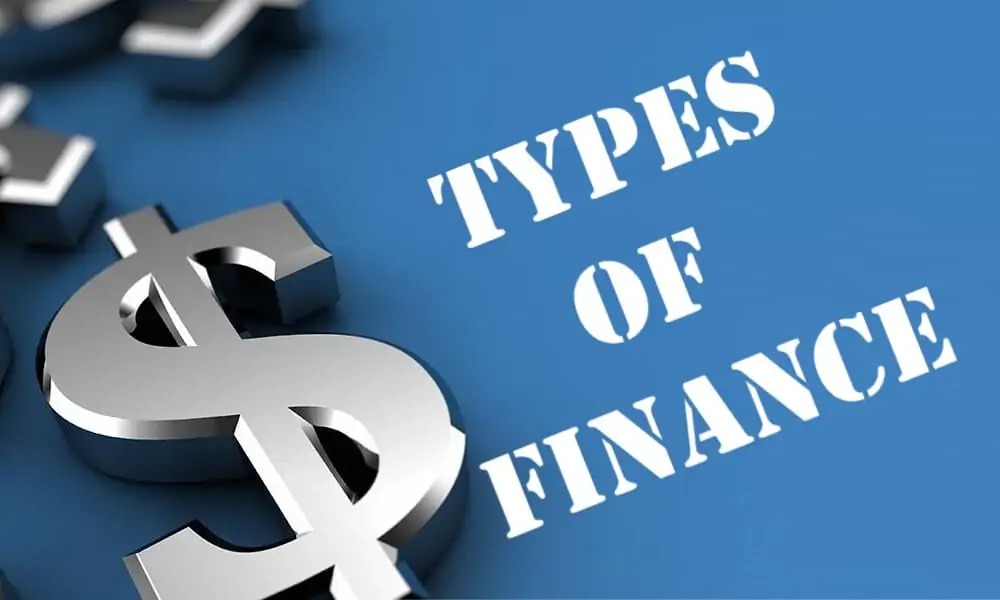Generally speaking, loans can be used for almost any purpose, from home and car purchase to school and business expansion. This article will cover the different types of loans, and what each one is for. To better understand the process, we’ll look at some of the most common ones. Once you understand the different types, you’ll be able to decide what kind of loan would work best for you. And once you’ve chosen a type, you can find out how much you’ll need to borrow.
In general, loans come in two basic types: secured and unsecured. Secured loans require collateral and unsecured loans aren’t. A bank can issue either type of loan, depending on the lender’s requirements. Secured loans can be given to ordinary citizens, while unsecured loans can be taken out by corporations and organizations. A person can get a loan for any purpose, and secured loans are the best option for people with poor credit history.
What is loan and types? Simply put, a loan is money that you borrow from a lender. You then borrow the money and must pay it back, along with interest. Lenders will consider your income, credit score, and debt levels when determining whether to offer you a loan. While unsecured loans are more common than secured loans, the interest rates and repayment periods are not always the same. So, the key is to know how much you need to borrow and how to make those payments.
Payday loans are a form of short-term borrowing. You surrender a piece of property to borrow money for a small amount. When you pay back your loan, you receive your property back. If you fail to repay the loan, the pawn shop owner can sell it. No credit is involved, so you can easily borrow a smaller amount if your needs are temporary. And while these are convenient, they can be predatory.
There are several different types of consumer loans available. If you need to make a large purchase, such as a car, you can use a consumer loan. Depending on how long the loan is for, you can choose a fixed or variable-rate loan. Fixed-rate loans tend to be more predictable than adjustable-rate loans, and the interest rate stays the same throughout the entire loan term. However, you should be aware that the total monthly payment is subject to fluctuation due to property taxes, homeowner’s insurance, and mortgage insurance.
Another type of loan is a home equity loan. This type of loan uses the owner’s home as collateral and has much lower interest rates than credit card interest. A home equity loan is an upfront payment and will require regular monthly payments until the loan is paid off. Home equity lines of credit, on the other hand, are a line of credit that allows you to borrow a large amount of money with a flexible payment schedule.
The best way to obtain a loan is to establish a good credit history. A good credit history will assure the lender that you’re capable of repaying the loan. And having a good credit history will ensure favorable terms for you. Then, you should determine your income. If you’re employed, you’ll need to provide W-2 forms or other documentation to verify your income. If you’re self-employed, you can also submit invoices or tax returns.
There are many types of loans available. The most common types are mortgage loans, installment loans, and student loans. Almost every bank offers a variety of types. With online applications, all you have to do is fill out one application and it will be automatically sent to a variety of lenders. If you don’t have a good credit score, you might still qualify for a loan with lower interest rates. Just remember to make sure that the repayment terms fit your budget before signing any contracts.
Personal loans are great for individuals to cover personal expenses. These loans are generally unsecured and can be used for any purpose. The main qualification for personal loans is a stable income and sufficient assets to repay the loan. The application is only one or two pages long, and you’ll get an answer on your loan within a few days. If you’re looking to buy a car or renovate your house, a personal loan may be the perfect solution.





